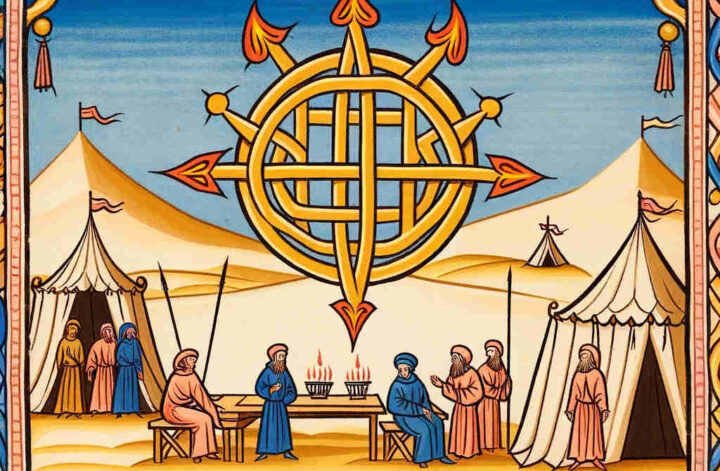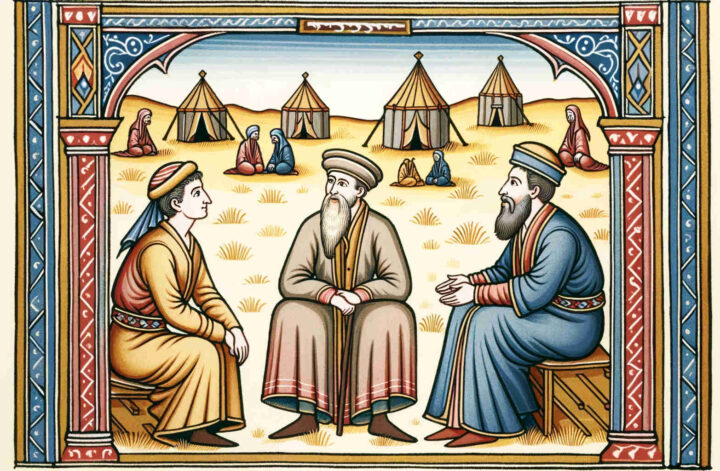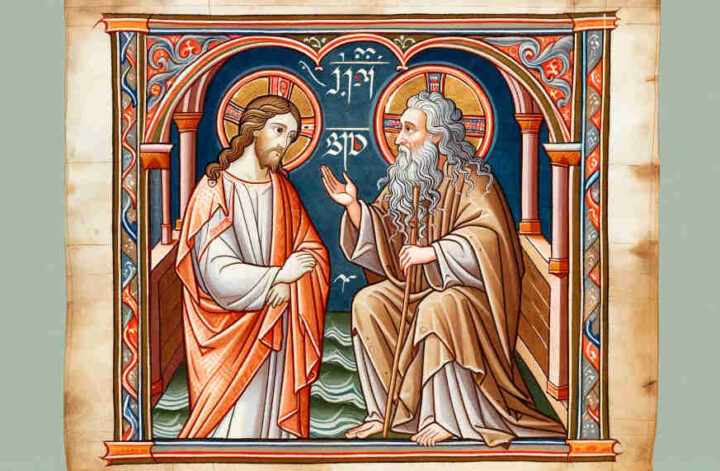From: David Wilson
Subject: Christian Unitarianism and the Noahide Laws
Dear Rabbi Joshua,
In my journey of exploring different faiths and their principles, I have been particularly intrigued by the relationship between Christian Unitarianism and the Jewish Noahide Laws. Is it possible for someone to be both a Unitarian Christian and a Noahide? I’m eager to hear your thoughts on this topic.
Best,
David Wilson
Understanding Christian Unitarianism
Christian Unitarianism is a theological movement within Christianity that emphasizes the oneness of God and rejects the doctrine of the Trinity. Unitarians believe in Jesus Christ as a moral teacher and prophet but not as divine. This perspective distinguishes them from mainstream Christianity, which holds the belief in the Trinity and the divinity of Jesus Christ.
The Seven Noahide Laws in Jewish Tradition
The Seven Noahide Laws, according to Jewish tradition, are universal moral precepts given by God to Noah for all humanity. These include:
- Prohibition of Idolatry
- Prohibition of Blasphemy
- Prohibition of Murder
- Prohibition of Illicit Sexual Relations
- Prohibition of Theft
- Prohibition of Eating Flesh from a Living Animal
- Establishment of Courts of Law (Requirement of Justice)
Comparing Christian Unitarianism with the Noahide Laws
Let’s examine how Christian Unitarian beliefs align with each Noahide Law:
- Prohibition of Idolatry: Unitarian Christianity’s emphasis on the oneness of God aligns well with the Noahide Law against idolatry, particularly since it does not ascribe divinity to Jesus Christ.
- Prohibition of Blasphemy: The respect and reverence for God in Unitarianism are consistent with the prohibition of blasphemy.
- Prohibition of Murder: Like most religious traditions, Christian Unitarianism condemns murder, aligning with this Noahide principle.
- Prohibition of Illicit Sexual Relations: Unitarian Christians generally adhere to ethical standards regarding sexual behavior, which can be seen as compatible with this Noahide law.
- Prohibition of Theft: The ethical teachings of Unitarianism include honesty and integrity, aligning with the prohibition of theft.
- Prohibition of Eating Flesh from a Living Animal: This principle may not be specifically addressed in Unitarianism, but its general ethical framework supports the humane treatment of animals.
- Establishment of Courts of Law: The respect for law and justice within Unitarian Christian communities aligns with this Noahide requirement.
Can One Be Both a Christian Unitarian and a Noahide?
The key consideration in this question is whether a Christian Unitarian’s beliefs and practices align with the recognition of the divine origin of the Noahide Laws as presented in the Torah. Given that Unitarian Christianity does not involve the worship of Jesus Christ as divine and maintains a belief in the oneness of God, it shows significant compatibility with the Noahide Laws, particularly the prohibition of idolatry.
Therefore, it appears more feasible for a Unitarian Christian to align with the Noahide Laws compared to other Christian denominations. However, the acceptance of these laws as divinely ordained commandments given to Noah, which is a fundamental aspect of being a Noahide, might still require further exploration and alignment within the individual’s belief system.
In conclusion, while there is a strong potential for compatibility in practice and principle, the complete alignment of Christian Unitarianism with Noahism may depend on the individual’s theological acceptance of the Noahide Laws as presented in Jewish tradition.
With respect and understanding,
Rabbi Joshua


